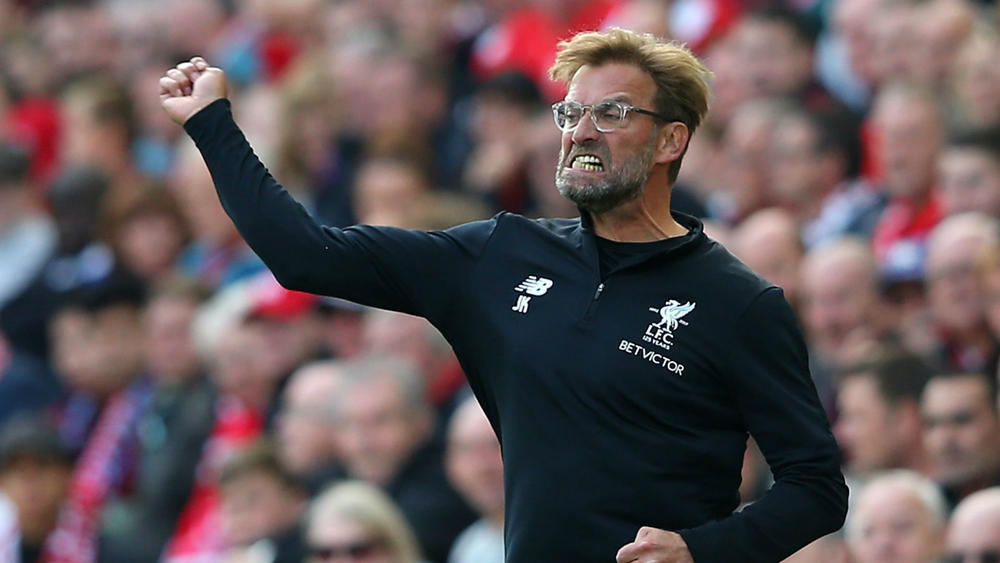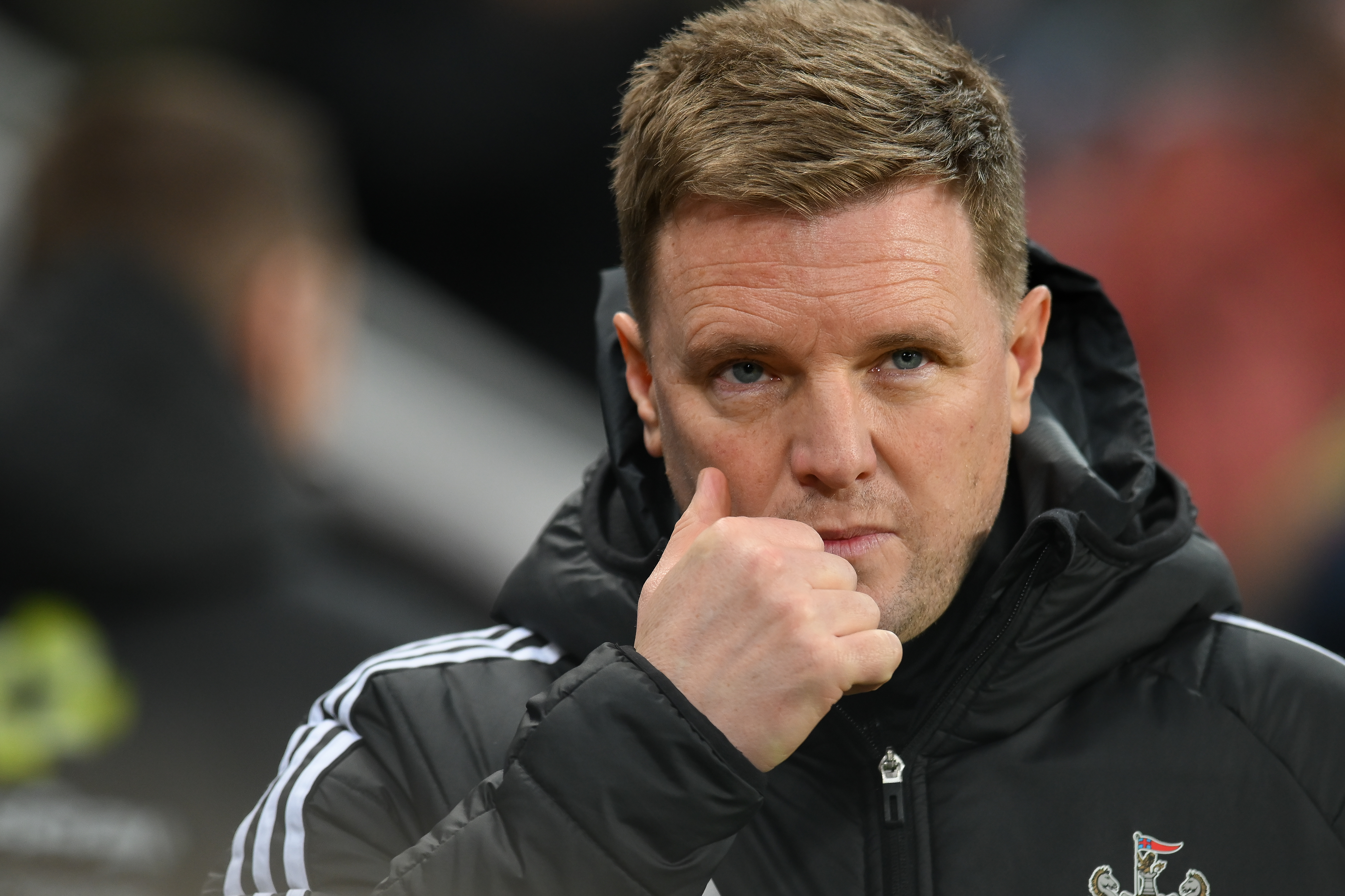Liverpool v Manchester United: Rodgers record looms uneasily for Klopp
Liverpool's start to 2017-18 is in line with Brendan Rodgers' last days at Anfield but does that mean Jurgen Klopp is failing?

In October 2015, Jurgen Klopp swept into Anfield to herald a bright new dawn for Liverpool.
The 18-time English champions would again aim for prizes at the top of the game under the much-vaunted former Borussia Dortmund boss after Brendan Rodgers' reign – one that promised so much – had turned sour.
Two years on, with bitter rivals Manchester United due in town, the charismatic Klopp faces as uncomfortable parallel.
If Jose Mourinho's in-form side leave Anfield with victory on Saturday, Liverpool will have 12 points from their opening eight games of the Premier League season. That was the total Rodgers had when a 1-1 draw in the Merseyside derby at Everton proved to be his last match in charge.
Is it time to entertain the idea that Liverpool have stagnated under Klopp or do these numbers only tell part of the story for a popular manager under increasing scrutiny?
2 - Today 2 years ago (October 8th 2015), Jürgen became manager of . Jubilee. October 8, 2017
More goals at both ends
Rodgers' route towards the Anfield exit door had been trodden before the early weeks of the 2015-16 season, particularly as the previous campaign ended with a 6-1 humiliation at Stoke City.
The best features, fun and footballing quizzes, straight to your inbox every week.
There was no success remotely as emphatic as Klopp's 4-0 demolition of Arsenal, with the Reds forced to settle for a trio of 1-0 wins on the way to their eight-game haul.
This Liverpool side supply goals in ample quantity – 12 in seven matches set against eight in eight for Rodgers' men. With a game in hand in that comparison, they boast more overall shots (137 to 119), coming in at 19.6 attempts per game as opposed to 14.9, with 48 to 41 on target.
Klopp's team also boast a greater possession percentage (57.3) and number of passes per game (549) than Rodgers' (52.2 and 479.1) but familiar frailties are on show in defence.
After seven games, Klopp's Liverpool have conceded 12 goals compared to Rodgers' 10 in eight. They also have one fewer clean sheet and have faced five more shots on target. Teams enjoy 4.4 shots on target per game versus this Reds vintage as opposed to 3.3 in the last days of the previous regime.
137 - Liverpool have attempted two shots more than Man City in the Premier League this season, but scored nine goals fewer. Conversion. October 3, 2017
Reality versus expectations
Taken over the course of their entire Liverpool careers, Rodgers' win percentage of 51.64 over 122 Premier League games edges Klopp's 50.67 across 75. Both men average 1.8 points per game.
Only Rafael Benitez fares better in the Premier League era, with 55.26 per cent of matches ending in victory got 1.9 points per game.
However, in four of the seven seasons before the current one, Liverpool had fewer than 12 points from their first seven league games. The 2010-11 and 2012-13 campaigns proved particularly galling, with a paltry six points on each occasion, but other returns of 10, 11 and 13 had the Reds roughly where they are now.
Last term, Klopp's men flew out of the blocks with 16 points from the first seven games – the same as in 2013-14, when Rodgers had Liverpool agonisingly close to the title. It is those performances and not the Merseyside club's current start that stands out from recent trends.
240 - Liverpool's games have seen more goals than any other side since Jurgen Klopp took charge (F146 A94). Anniversary. October 8, 2017
You'll Never Walk Alone
Klopp's problem at Liverpool, as with Rodgers before him, is that when they have been good they have been a devastatingly brilliant side to watch and a nightmare for opponents.
That, along with the weight of historical expectation at one of Europe's most decorated clubs, means dips can be viewed as unacceptable rather than simply a part of the modern-day norm at Anfield.
If United win this weekend, Klopp will stand alongside not only his predecessor but be par for the course for Liverpool's progress over recent seasons.
While comparisons with the last days of Rodgers are provocative and hardly welcome, they do not cast Klopp decisively as a failure but rather a man dealing with a 21st century reality a few rungs below Liverpool's illustrious past.
 Join The Club
Join The Club





